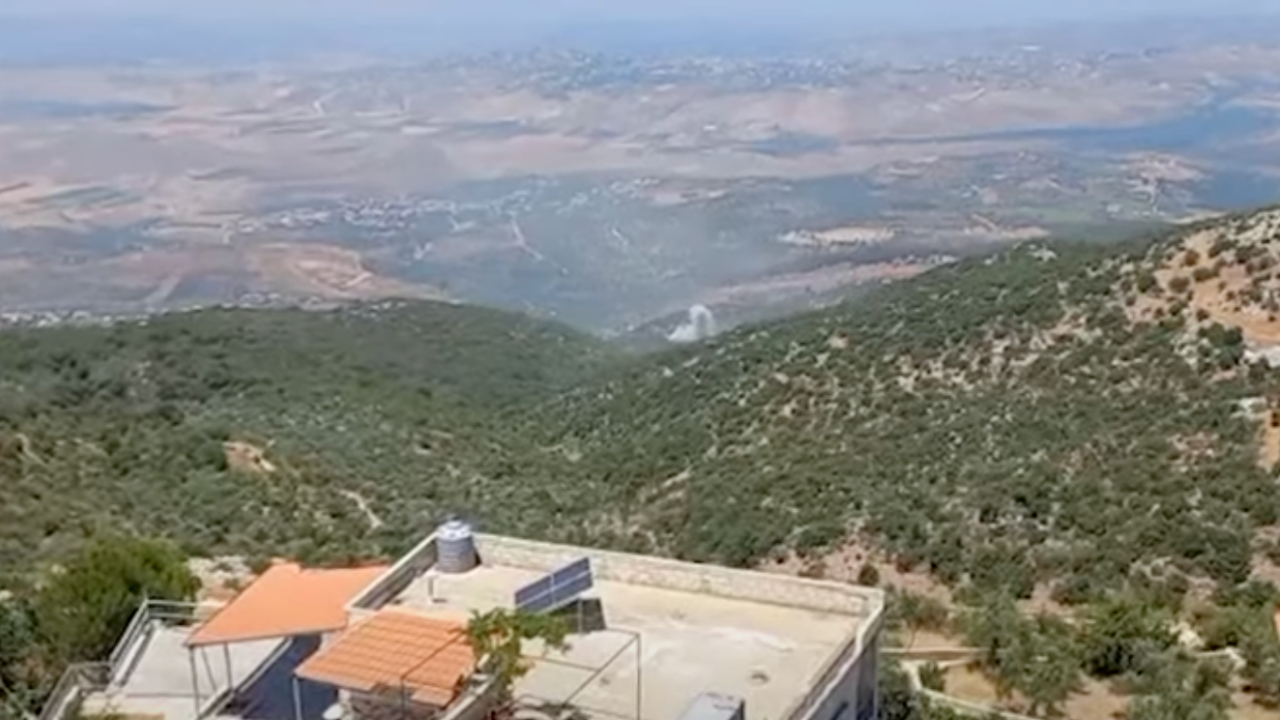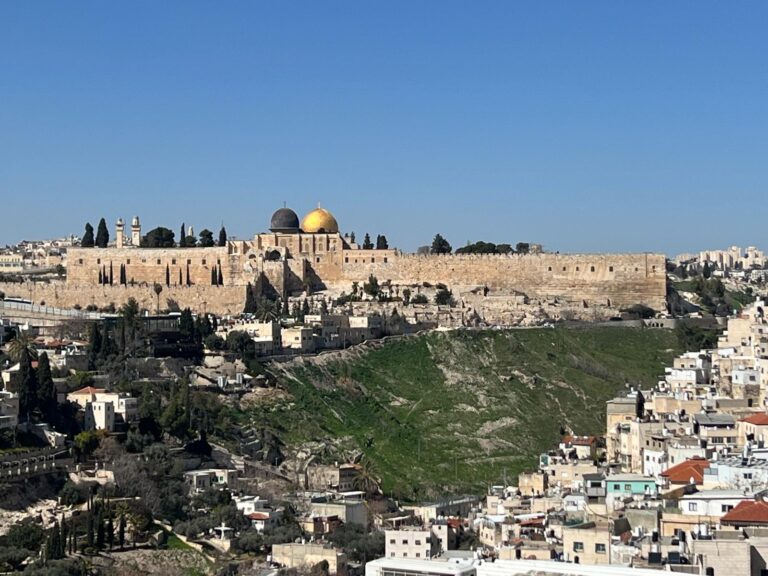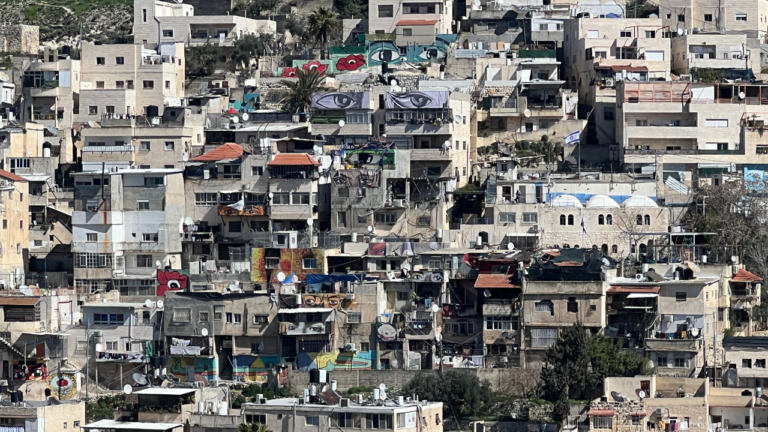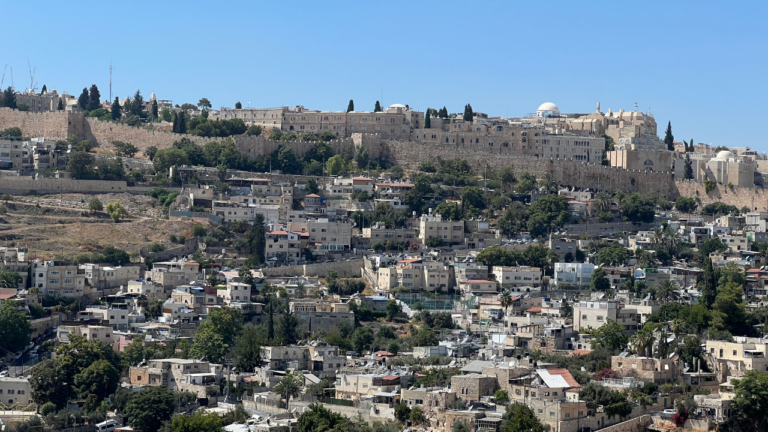What can we do for Eretz Yisrael now?
I’ll be honest. After a week of standing in stairwells or bomb shelters with children in my arms, after a week of thinking of dear friends risking their lives to keep my family safe, after being overwhelmed with the horrors being inflicted on our brothers and sisters, I simply don’t have the strength to write anything creative or original.
All I can (and want) to share is the powerful words of the Malbim to Tehilim 122. David HaMelekh sings a beautiful hymn to Jerusalem, vividly describing the Jewish people ascending to the holy city in unity and happiness. Jerusalem is the city that binds the tribes of Israel together into a single nation. David then says, שאלו שלום ירושלם ישליו אהביך, most simply translated as “request (pray for) the peace of Jerusalem, those who love you will be in peace”.
The Malbim provides a deeper interpretation of this verse. With Jerusalem’s uniting power, the Jewish people are considered like a singular body; every individual Jew and Jewish tribe/community is an essential part of the organism of Klal Yisrael.
(This concept expresses itself in the halachik realm as well. The Gemara in Rosh HaShanah (29a) explains that even if a Jew has already fulfilled a particular obligation such as blowing shofar, he can still recite the blessing over this mitzvah on behalf of another Jew. Famously, the Ritva explains that all of Bnei Yisrael are like one body. Another Jew’s obligation is my obligation. As long as one Jew must perform this commandment, it is as if I am still commanded as well.)
But a body cannot be at war with itself. If the limbs of the body attempt to separate from or attack each other, the body will surely die. When the Jewish people experience internal conflict, the limbs are punishing themselves by inflicting wounds on the body as a whole.
Hence, David HaMelekh calls out to those who desire peace for Jerusalem, those who are sho’el shelom Yerushalayim. These Jews, who love Jerusalem and desire to see her in tranquility, wonder what they can do to help her. David answers them: yishalyu ohavayikh, create peace amongst yourselves. Jerusalem’s peace is dependent upon the various limbs of the Jewish people also being together in peace. To quote the Malbim’s words: “since the chief purpose of Jerusalem is the unity of the nation, and if so when quarrels and separation of hearts arise, there will be no peace found in Jerusalem. For Jerusalem’s welfare is dependent on the binding together of the nation, not if they are separated.”
Many Jews in Chutz La’aretz and in Eretz Yisrael are desperately searching for ways to help our holy soldiers and those who are suffering on the frontlines. There are charities to donate to, food packages to deliver, and letters of solidarity to political officials that must be sent. But if you consider yourself a lover of Jerusalem, please think deeply about ways of bridging the gaping internal holes that currently exist in Klal Yisrael. We don’t have to solve our national problems; we can start small. The neighbor you have a dispute with, the community of Jews that you deeply disagree with and therefore dislike, the estranged family member or friend that is distant from you. If you truly want to help Jerusalem, if you seek out the peace of the holy city and all of Eretz Yisrael, do your best to rectify the internal strife that drives our people apart. Yhi ratzon, that the Jewish people arise in unity and speedily vanquish our enemies. “Then the redeemed of Hashem will return and come to Tzion with glad song…and sadness and sighing will flee.”



